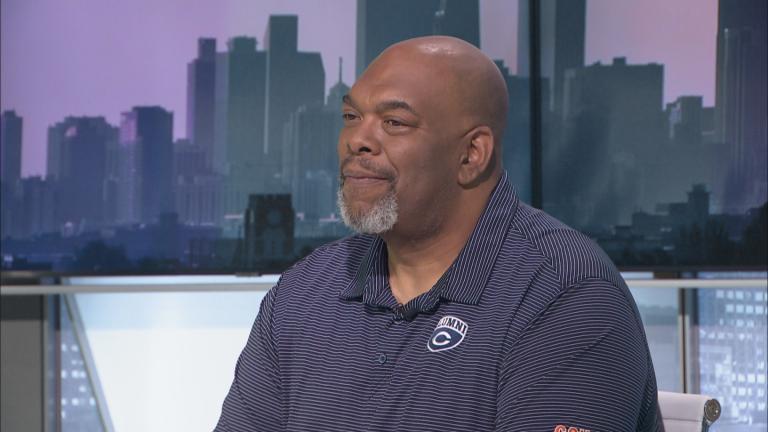In Illinois, the chances a formerly incarcerated person will return to prison within three years are high. A 2018 report found 43% of those released from prison in Illinois will be convicted of another crime and return to prison. The same analysis found the average cost associated with one recidivism event is about $152,000 — costing the state more than $13 billion over five years. And about a quarter of those re-offenses are for so-called “technical violations” like violating curfew or missing a meeting with a probation officer.
Willette Benford, the city of Chicago’s director of re-entry, said that people returning from incarceration often find themselves with little direction on how to start rebuilding their lives, and that might trigger recidivism.
“When you exit IDOC or Cook County Jail, you may have this list of all the things that you can’t do, but you don’t have a list of how to succeed or where you should go in order to get the services and the resources that you need,” Benford said. “It is a traumatic experience coming home, first of all, and then realizing that all of the things that you thought — maybe the job that you could get or the housing that you could get or even the health care — is not readily available, and that could cause an individual to be in a desperate situation when you don’t have money to provide for your family and your children.”
Safer Foundation director of policy and advocacy Kevin Brown said securing stable housing presents one of the earliest and most difficult challenges to people returning from incarceration.
“Oftentimes what people face with a conviction record is discrimination when they are attempting to both apply for housing and attempt to get loans for mortgage,” Brown said. “There are a variety of barriers that exist because of the conviction record. Housing is probably the largest component to creating stability in a person’s life, and a conviction record can create the barrier to prevent that from happening. And, of course, they often end up staying with family.”
Marlon Tatum, director of programs at READI Chicago, said that people leaving incarceration benefit from an honest self-assessment as they begin again.
“Getting an individual to sort of rethink how they are participating in certain behaviors — what we do at READI is provide cognitive behavior interventions, pre- and post-incarceration,” Tatum said. “This allows that individual to learn, one, how they got in there and to how to operate after they are out. And that is really helpful for [moving] that individual forward.”
Framing the issue as one of public concern is necessary to truly address recidivism, Brown said.
“When we provide supportive reentry services to individuals and we make recidivism a public health issue, then we’re able to get the resources that are necessary to address all of the social determinants of health,” Brown said. “This is a health issue. Healthy people create healthy communities, and healthy people are what reduce crime [and] promote safety in our communities. And so that’s really the answer to a large part of the problems that we’re talking about with recidivism.”
This week, Chicago officials announced a slate of policies aimed at supporting formerly incarcerated people as they return to their communities. Benford, who is the first person to hold her position in city government, said it falls to local and state governments to make sure people returning from incarceration can become self-sustaining in order to avoid re-offending.
“If we aren’t providing resources for individuals that are coming back into the city or coming back into our state and making sure that they’re set up for success, [or] we supply reentry services, but … individuals aren’t accessing them or unable to access them, then we need to rethink how we are providing those services,” Benford said. “Government has a huge responsibility in that, just being government.”








